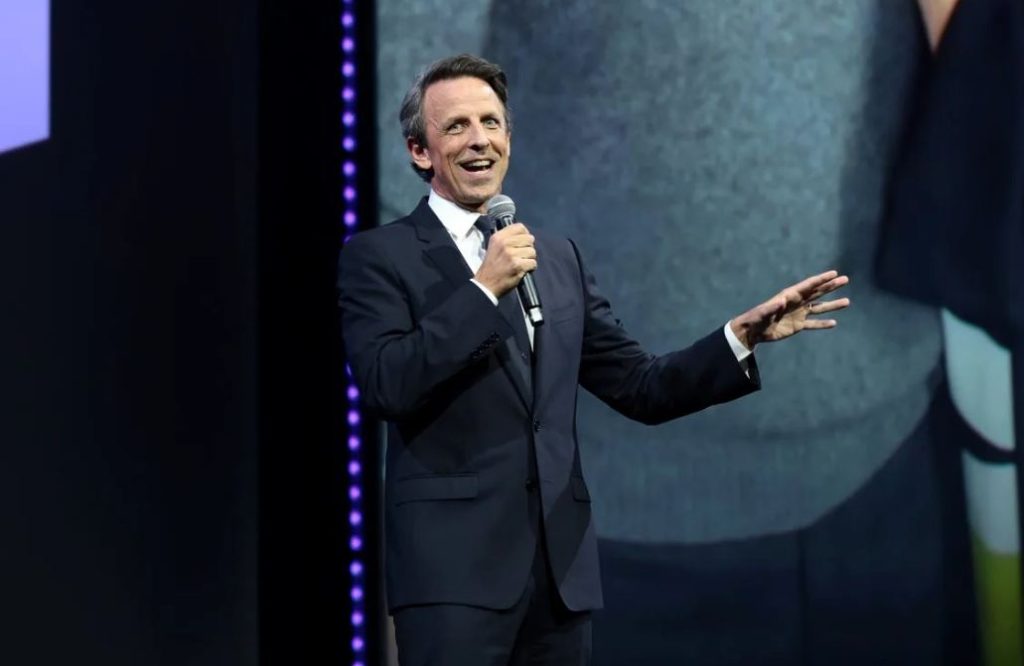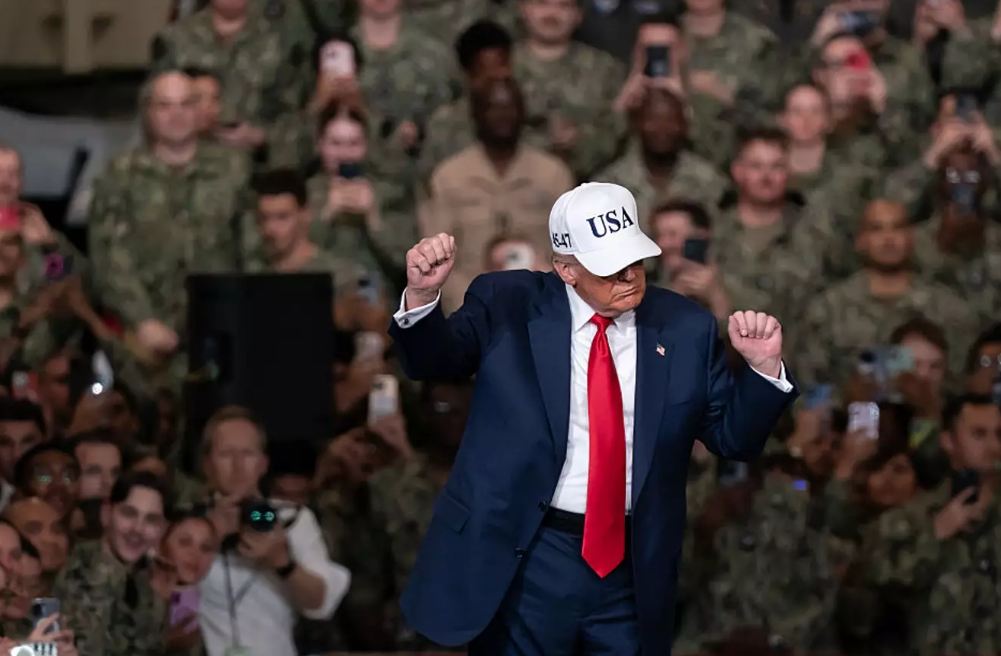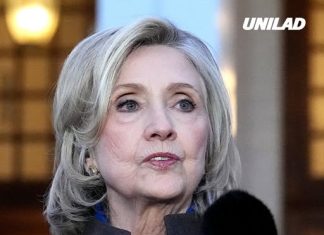Former President Donald Trump recently launched a fierce public response to the late‑night host Seth Meyers, accusing him of criticism so severe it might even be “illegal.” The spat began after Meyers mocked Trump’s overseas tour and some of the remarks he made while addressing troops abroad. In his own post on social media, Trump labelled Meyers “a truly deranged lunatic” and accused him of being “100 % anti‑Trump,” suggesting that his commentary crossed into wrongdoing.
What Sparked the Back‑and‑Forth
The trigger for the exchange was a segment on Meyers’ show in which he analysed Trump’s recent Asia tour — specifically his comments on military technology such as aircraft‑carrier catapults. Meyers used humour to dissect the president’s remarks, portraying him as out of touch with technical reality. Trump responded in kind, attacking Meyers’ talent, his ratings and his perceived bias. The tone of Trump’s response went beyond mere insult, hinting at legal consequences for media criticism.

Free Speech, Satire and the Threshold of “Illegal”
The heart of the controversy lies in the tension between satire and political criticism on one side, and possible real‑world implications for free expression on the other. Late‑night hosts have long been recognised as part of the social fabric of commentary and humour in democratic societies—and their role often involves uncomfortable, even harsh, critique of those in power. By suggesting that negative commentary about him could cross into illegality, Trump touched on contentious questions: Where does humour end and unlawful behaviour begin? Can a public figure claim that mocking him is “probably illegal”? And what are the implications of such a claim for press freedom and comedy alike?
Political Undercurrents and Media Relations
This interaction underscores deeper themes in the relationship between modern political figures and the media. Trump’s use of his social media platform to amplify attacks on individual commentators highlights how the boundaries between political leadership and public critique are shifting. At the same time, late‑night shows like Meyers’ are themselves evolving: the boundary between entertainment and journalism continues to blur, and comedians often act as de facto political commentators. The mutual antagonism between the presidency and these shows reflects an era when satire, politics and media power intersect more sharply than ever.
Public Reaction and Implications
Many observers responded with concern to Trump’s assertion that someone could be punished for being “100 % anti‑Trump.” Comments rolling out on social platforms pointed to fundamental democratic safeguards: the right to dissent, satirise and critique public figures. When a former or current leader suggests that negative humour may be unlawful, it raises questions about the health of public discourse. For the average viewer, the episode serves as a reminder of how the dynamics of power, performance and public speech play out in real time—and how satire remains one of the few spaces where political figures are subject to mocking and scrutiny.

What’s Next?
For now, the meme‑war between Trump and Meyers offers no clear resolution. There’s no indication that legal proceedings are under way; however the rhetoric itself may chill or provoke speech in the long run. For media producers, comedians and consumers alike, the event reinforces the value of understanding the protections that satire and commentary enjoy—and the risks that may arise when political figures attempt to redefine what counts as permissible criticism. Meanwhile, for Trump and his opponents, the incident will likely become part of a broader ongoing cultural and political struggle over media, message and mockery in the digital age.
lly

















